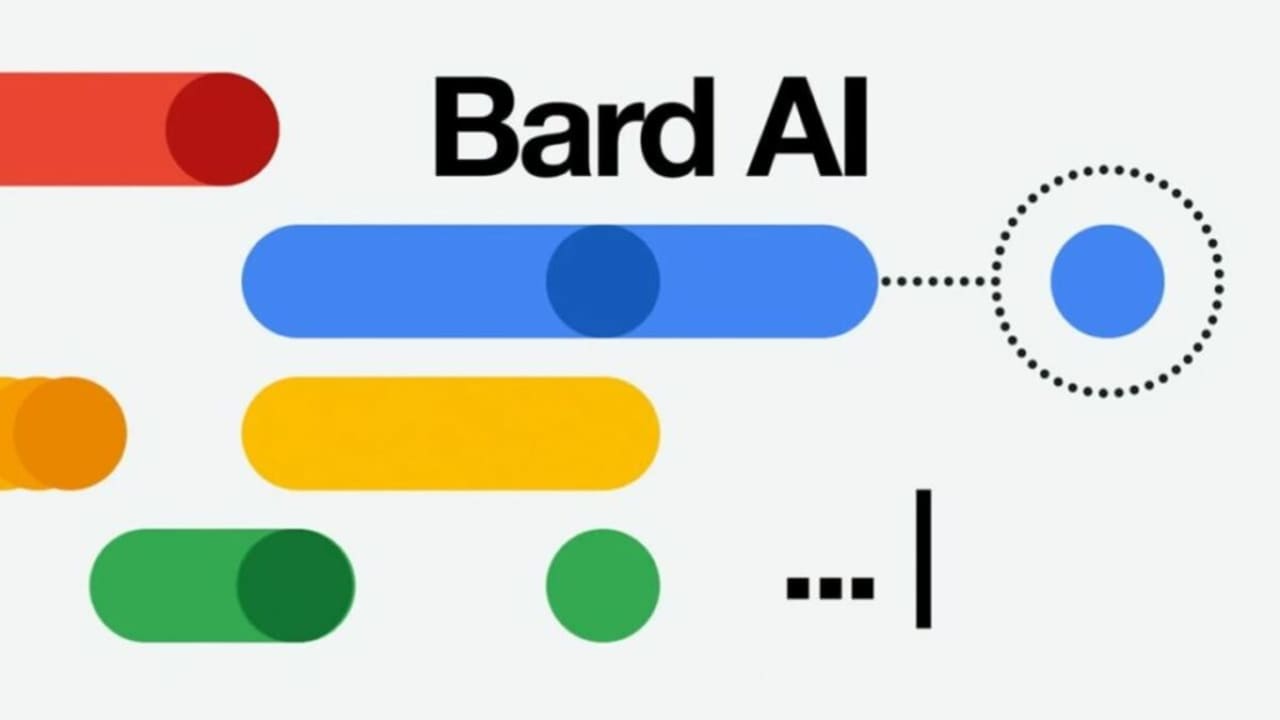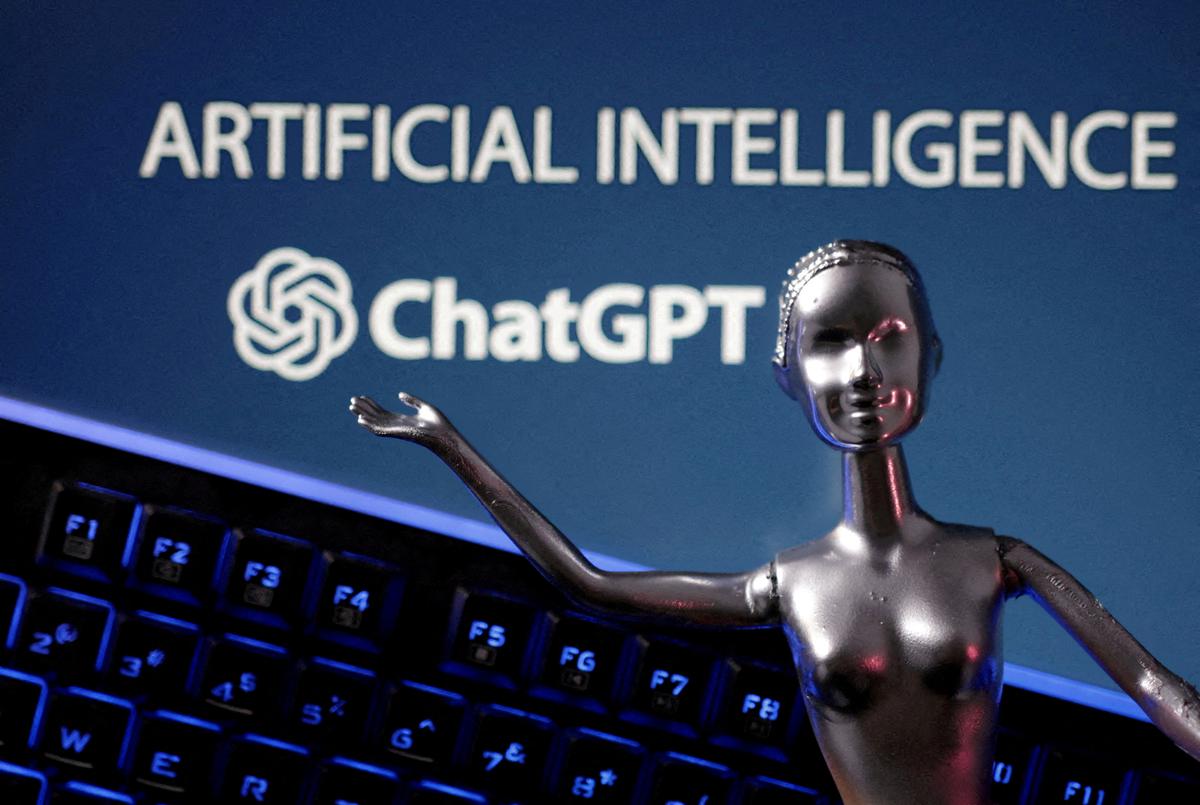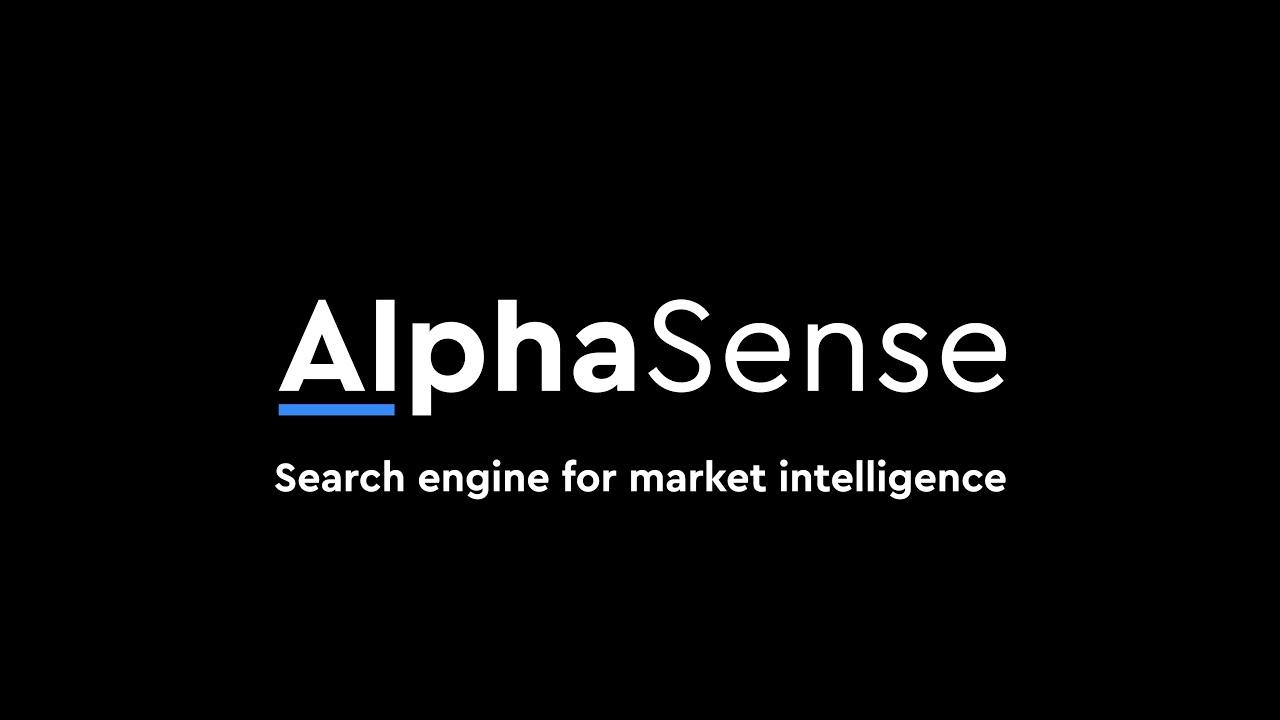How to Manage Your Website’s Contribution to Bard and Vertex AI Training Data
In today’s rapidly evolving digital landscape, artificial intelligence (AI) plays a significant role in shaping the future of technology. As AI continues to advance, it becomes crucial for web publishers to strike a balance between contributing to AI development and safeguarding their own interests. Google recognizes this challenge and has introduced Google-Extended, a control mechanism that allows web publishers to manage how their sites contribute to the evolution of Bard and Vertex AI generative APIs. This article will explore the concept of Google-Extended, its implications for web publishers, and how you can effectively manage AI access to your website’s content.
Understanding Google-Extended and its Purpose
Google-Extended is a standalone product token that empowers web publishers with the ability to decide if and how their sites contribute to enhancing Bard and Vertex AI generative APIs, as well as future AI models. By implementing Google-Extended, publishers gain control over the access and usage of their website’s content for improving AI algorithms.
To utilize Google-Extended effectively, publishers can modify their robots.txt file to specify which content should be accessible to Google-Extended. By using the Disallow and Allow directives, publishers can selectively restrict or grant access to specific directories or content types. For example:
User-agent: Google-Extended
Disallow: /paywall-content/
Allow: /
In this example, the Disallow directive instructs Google-Extended not to access or use content within the “paywall-content” directory for improving AI models. On the other hand, the Allow directive indicates that content from all other directories should be accessible to Google-Extended.
The Importance of Managing AI Access to Website Content
As AI technology continues to advance, web publishers face the challenge of managing access to their content for training AI models. While contributing to AI development can bring benefits such as improved search results and user experiences, publishers must also protect their intellectual property and ensure their content is used responsibly.
Google’s introduction of Google-Extended addresses this challenge by providing publishers with a means to control how their websites contribute to AI advancements. With the ability to manage AI access to their content, publishers can ensure that their intellectual property rights are respected while still contributing to the development of AI algorithms.
The Broader Context of AI and Web Publisher Controls
Google’s initiative to introduce Google-Extended reflects the broader industry-wide effort to strike a balance between AI development and the interests of web publishers. As AI technology continues to evolve, it becomes increasingly important to engage with web and AI communities to ensure responsible AI development practices.
Web publishers can actively participate in shaping AI development by staying informed about the latest advancements and engaging with platforms that offer AI control mechanisms. Google’s AI Web Publisher Controls Mailing List provides a valuable resource for publishers seeking updates and information on managing AI access to their content.
Considerations for Web Publishers
As a web publisher, it is essential to carefully consider how your website contributes to AI training data. Here are some key considerations to keep in mind:
1. Intellectual Property Protection
Protecting your intellectual property is crucial when managing AI access to your website’s content. By using Google-Extended and modifying your robots.txt file, you can control which content is accessible and ensure that your proprietary information remains safeguarded.
2. Responsible AI Development
Contributing to AI development should be done responsibly and ethically. By actively managing AI access and staying informed about AI advancements, you can ensure that your website’s content is used in ways that align with your values and objectives.
3. Collaboration and Engagement
Engaging with the web and AI communities is essential for staying informed and advocating for responsible AI development. Joining Google’s AI Web Publisher Controls Mailing List and participating in discussions can provide valuable insights and opportunities for collaboration.
4. Legal Considerations
When managing AI access to your content, it is important to comply with applicable laws and regulations. Familiarize yourself with data protection and intellectual property laws to ensure that your actions align with legal requirements.
Conclusion
In an era where AI technology continues to shape the digital landscape, web publishers play a vital role in managing access to their content. Google-Extended provides publishers with a valuable tool to control how their websites contribute to the evolution of AI algorithms. By actively managing AI access, publishers can protect their intellectual property, promote responsible AI development, and actively shape the future of technology.
Remember to stay informed, engage with the web and AI communities, and leverage tools like Google-Extended to maintain control over your website’s contribution to Bard and Vertex AI training data. By doing so, you can ensure that your website remains at the forefront of AI advancements while protecting your interests as a web publisher.




